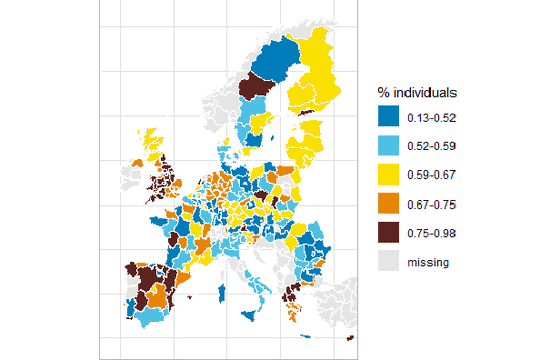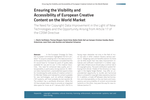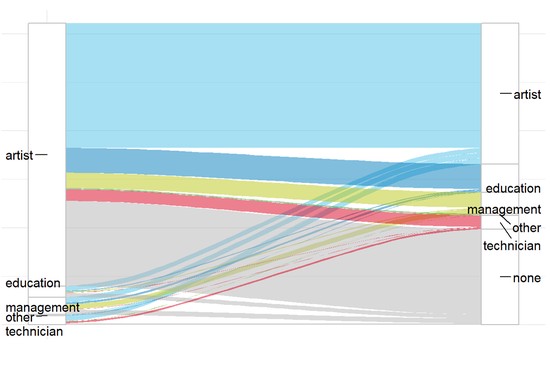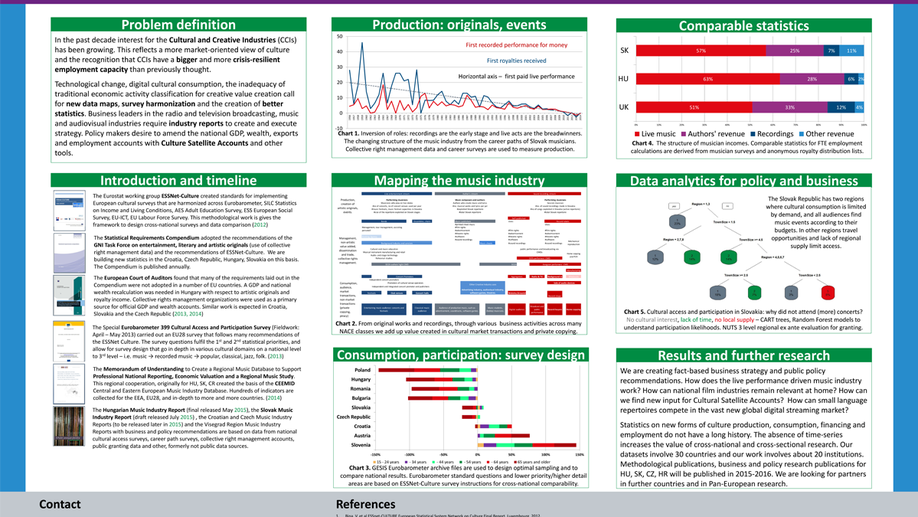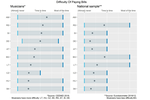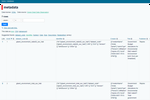Digital Music Observatory
co-founder
Reprex BV
rOpenGov
JUMP European Music Market Accelerator
Yes!Delft AI+Blockchain Validation Lab
The Digital Music Observatory is a fully automated, open source, open data observatory that links public datasets in order to provide a comprehensive view of the European music industry. The DMO produces key business and policy indicators that enable the growth of music business strategies and national music policies in a way that works both for music lover audiences and the creative enterprises of the sector, and contributes to a more competitive, fair and sustainable European music ecosystem.
Download our introduction. We are committed to the Guidelines for Open Policy Analysis.
Our data pillars are following the structure laid out in the Feasibility study for the establishment of a European Music Observatory: Music Economy; Diversity & Circulation; Music & Society and Innovation - innovative data applications
Our Product/Market Fit was validated in the world’s 2nd ranked university-backed incubator program, the Yes!Delft AI Validation Lab. We are currently developing this project with the help of the JUMP European Music Market Accelerator program.
Follow news about us or the more comprehensive Data & Lyrics blog.
Contact us.
Music is one of the most data-driven service industries where the majority of sales are already made by AI-driven autonomous systems. The DMO is a fully-functional service that can function as a testing ground of the European Data Strategy, showcasing the ways in which the music industry is affected by the problems that the Digital Services Act and the Trustworthy AI initiatives attempt to regulate. If these policies will work for the European microenterprise-dominated, complex and fragile European music ecosystem, then they are likely to make Europe fit for the digital age.
Services
Automated Data Services
 Curation Data sits everywhere and it is not easy to find even at home. Our curators know where to dig. |  Uncut diamonds need to be polished. Data is only potential information, raw and unprocessed. |  Adding FAIR metadata exponentially increases the value of data. We use DataCite and SDMX statistical coding. |  Reusable, easy-to-import, interoperable, always fresh data in tidy formats with a modern API. |
Data Curation
Data Processing
Data-as-Service
News
Demo Music Observatory highlights from Data & Lyrics
For our more comprehensive blog, please visit Data & Lyrics. For the tag cloud, visit Topics at the bottom of the page.
Ensuring the Visibility and Accessibility of European Creative Content on the World Market
KharkivMusicFest in 2022: Concert Between Explosions
Trustworthy Autonomous Recommender Systems on Music Streaming Platforms
Pillars
Data Collection Topics
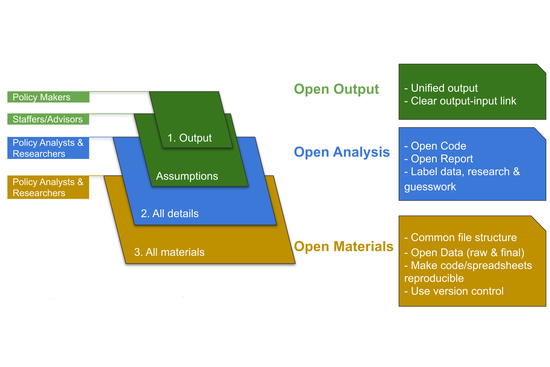
Open Policy Analysis
Open Policy Analysis is an approach to policy analysis wherein data, code, materials, and clear accounts of methodological decisions are made freely available to facilitate collaboration, discussion, and reuse.

Innovation
Valuing music and projecting royalty flows.

Music And Society
Valuing music and projecting royalty flows.
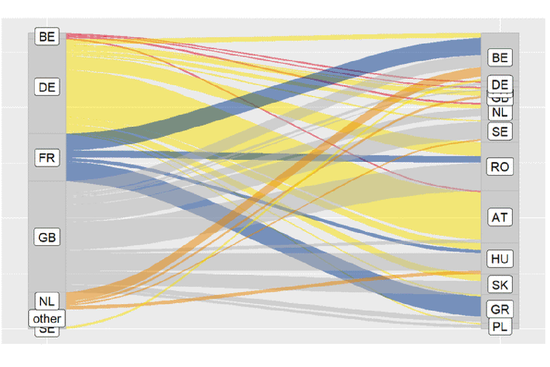
Music Diversity & Circulation
Music diversity and circulation is a crucial policy and business goal for European music stakeholders. Most European creators work in small countries, often confined to the audiences of a not widely spoken language; moreover, they are in competition with the entire world via media platforms, streaming services and traditional record sales.
Use Cases
Data Applications, use cases, innovative uses of the data
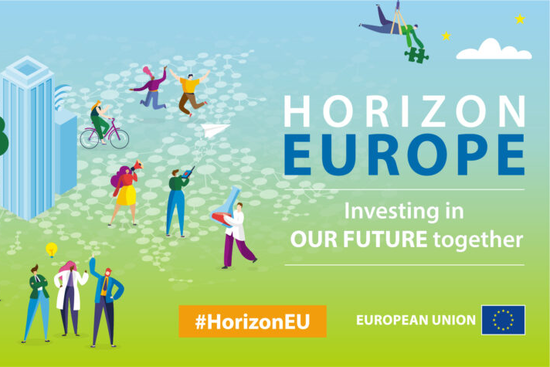
Horizon Europe Consortium
OpenMusE brings together music industry stakeholders and researchers from 12 European countries. Our partners represent the diversity of the industry, as well as the shared need to find financially, socially, and environmentally sustainable policy and business models in multiple, sometimes-fragmented streams (e.g., live music, composers/publishers, and recordings with producers and performers)

OpenMusE Consortium
OpenMusE brings together music industry stakeholders and researchers from 12 European countries. Our partners represent the diversity of the industry, as well as the shared need to find financially, socially, and environmentally sustainable policy and business models in multiple, sometimes-fragmented streams (e.g., live music, composers/publishers, and recordings with producers and performers).
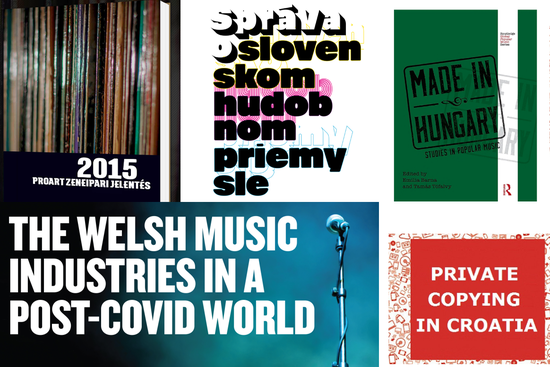
Music Reports
Reproducible (automatically refreshing) advocacy reports, valuation and grant assessment reports, regulatory filings

Smart Grants
Ex ante and ex post grant evaluation
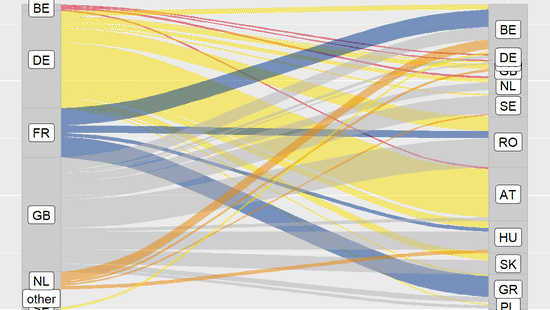
Listen Local
Listen Local is a trustworthy, ethical AI-powered system that aims to help great artists in small organizations and small countries using big data. We want to make sure that audiences are not only recommended global superhits, but locally relevant music, too. At present, corporate algorithms fail to connect listeners in small countries with music from the local scene - with artists whom the listener can easily see perform live in local venues, who sing in the listener’s language and who connect with the listener’s feelings and experiences.
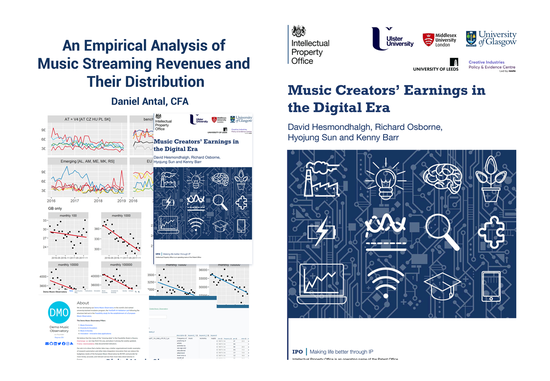
Music Creators' Earning Project
Our Digital Music Observatory contributed to the Music Creators’ Earnings in the Streaming Era project with understanding the level of justified and unjustified differences in rightsholder earnings, and putting them into a broader music economy context. The entire research paper is published by the UK Intellectual Property office, and we made the details of our analysis available in a joint publication.
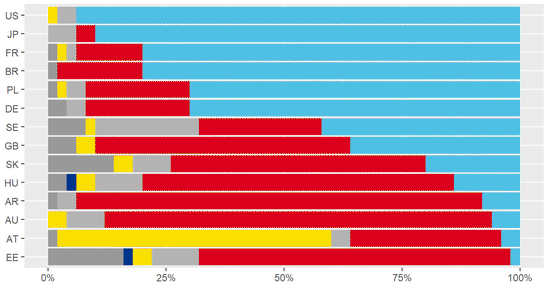
Music Exports & Imports
Understanding how concerts, festival audiences and recordings are crossing borders
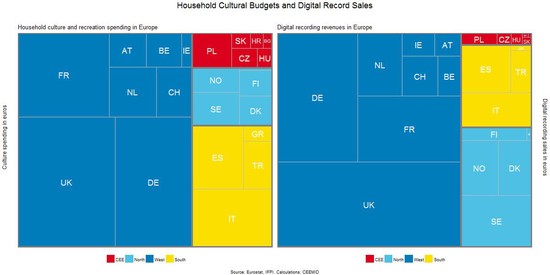
CEEMID
CEEMID was multi-country project that was a predecessor of Reprex’s Digital Music Observatory.
Publications
Publications using our data
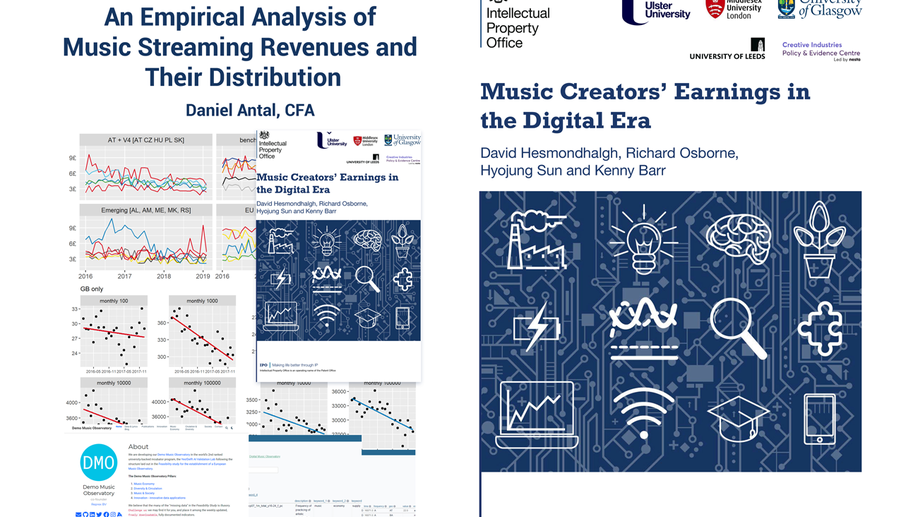
An Empirical Analysis of Music Streaming Revenues and Their Distribution
Our report highlights some important lessons. First, we show that in the era of global music sales platforms it is impossible to understand the economics of music streaming without international data harmonization and advanced surveying and sampling. Paradoxically, without careful adjustments for accruals, market shares in jurisdictions, and disaggregation of price and volume changes, the British industry cannot analyze its own economics because of its high level of integration to the global music economy. Furthermore, the replacement of former public performances, mechanical licensing, and private copying remunerations (which has been available for British rightsholders in their European markets for decades) with less valuable streaming licenses has left many rightsholders poorer. Making adjustments on the distribution system without modifying the definition of equitable remuneration rights or the pro-rata distribution scheme of streaming platforms opens up many conflicts while solving not enough fundamental problems. Therefore, we suggest participation in international data harmonization and policy coordination to help regain the historical value of music.
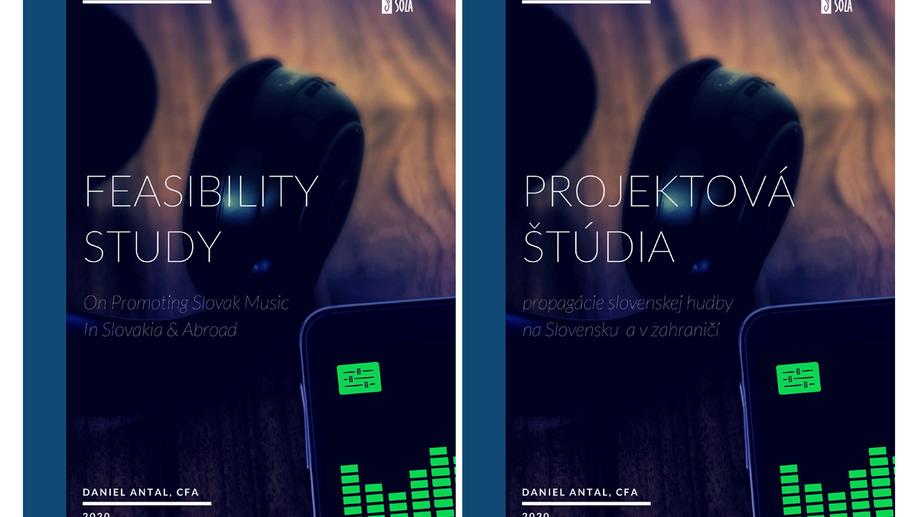
Feasibility Study On Promoting Slovak Music In Slovakia & Abroad
Why are the total market shares of Slovak music relatively low both on the domestic and the foreign markets? How can we measure the market share of the Slovak music in the domestic and foreign markets? We offer some answers and solution based on empirical research and with the creation of a database and an AI application.

Music Streaming: Is It a Level Playing Field?
Our paper argues that fair competition in music streaming is restricted by the nature of the remuneration arrangements between creators and the streaming platforms, the role of playlists, and the strong negotiating power of the major labels. It concludes that urgent consideration should be given to a user-centric payment system, as well as greater transparency of the factors underpinning playlist creation and of negotiated agreements.
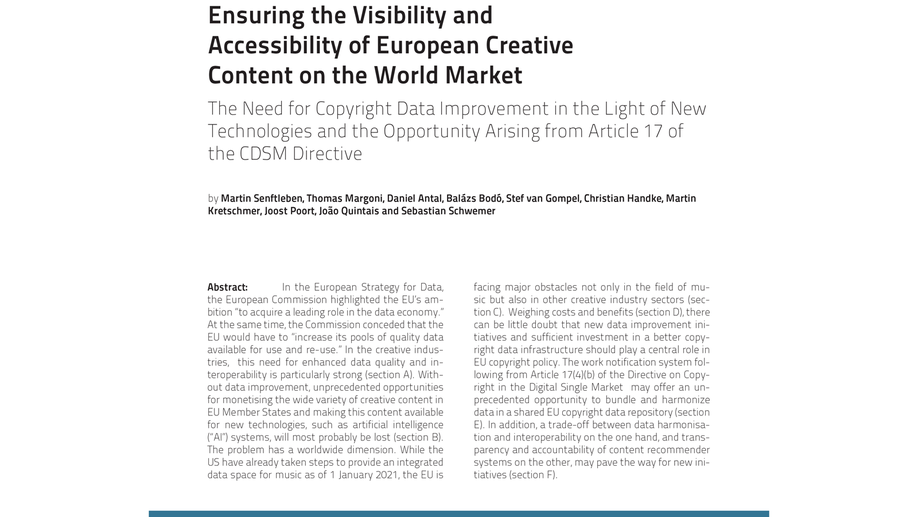
Ensuring the Visibility and Accessibility of European Creative Content on the World Market: The Need for Copyright Data Improvement in the Light of New Technologies
While the US have already taken steps to provide an integrated data space for music as of 1 January 2021, the EU is facing major obstacles not only in the field of music but also in other creative industry sectors. Weighing costs and benefits, there can be little doubt that new data improvement initiatives and sufficient investment in a better copyright data infrastructure should play a central role in EU copyright policy. A trade-off between data harmonisation and interoperability on the one hand, and transparency and accountability of content recommender systems on the other, could pave the way for successful new initiatives.
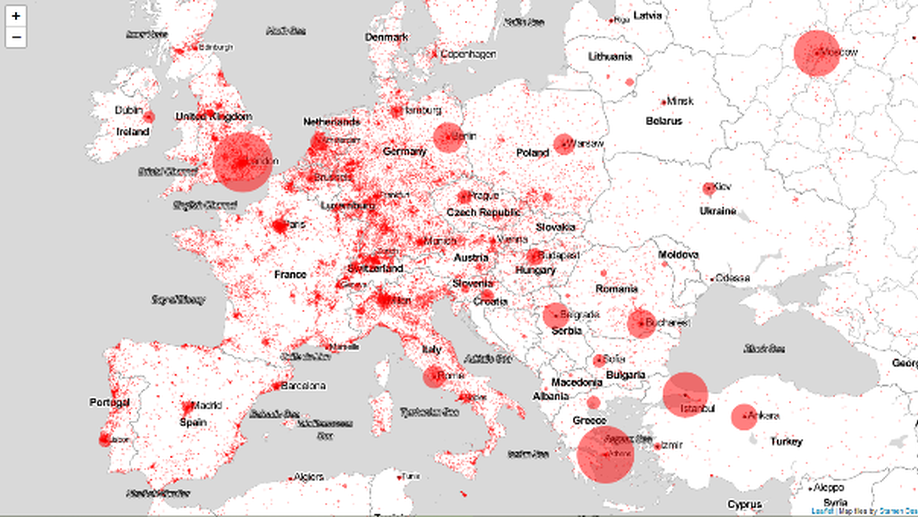
Can scholarly pirate libraries bridge the knowledge access gap? An empirical study on the structural conditions of book piracy in global and European academia
The topic of the paper is Library Genesis (LG), the biggest piratical scholarly library on the internet, which provides copyright infringing access to more than 2.5 million scientific monographs, edited volumes, and textbooks. The paper uses advanced statistical methods to explain why researchers around the globe use copyright infringing knowledge resources. The analysis is based on a huge usage dataset from LG, as well as data from the World Bank, Eurostat, and Eurobarometer, to identify the role of macroeconomic factors, such as R&D and higher education spending, GDP, researcher density in scholarly copyright infringing activities.
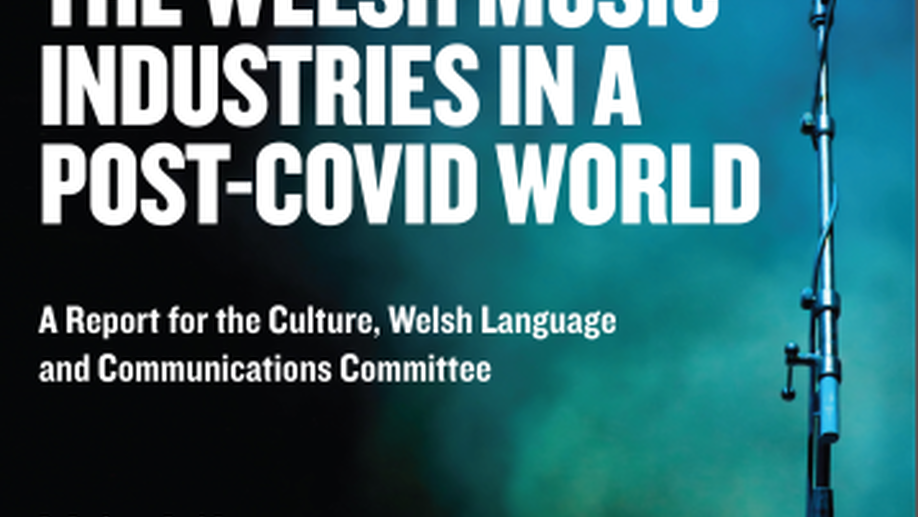
The Welsh Music Industries In a Post-Covid World
This report outlines the emergence of private and public sector support for the music industries in Wales since the pandemic commenced; examines the advice given to the music industries concerning roadmaps out of the pandemic; reviews the industry and academic research that has emerged since the pandemic started and finally, compares Welsh Government support packages tonations in other parts of the world.
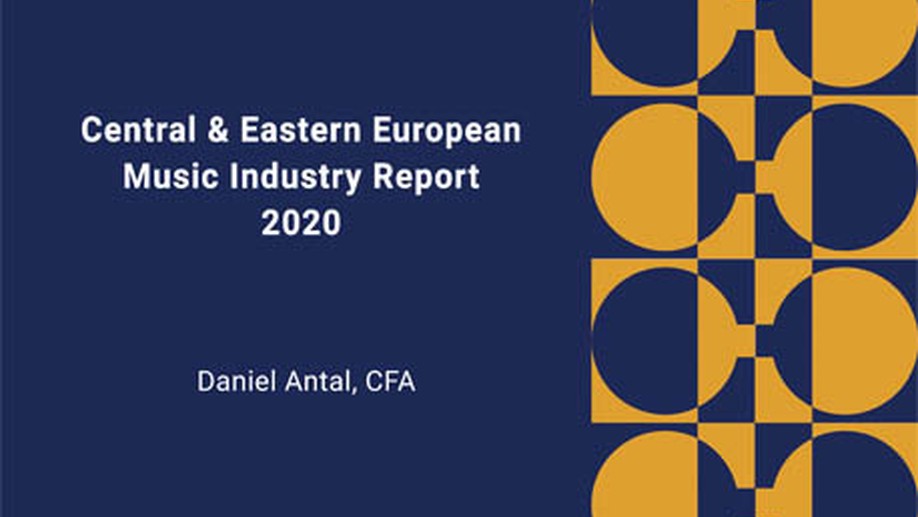
Central & Eastern European Music Industry Report 2020
The results of the first Hungarian, Slovak, Croatian and Czech music industry reports are compared with Armenian, Austrian, Bulgarian, Lithuanian, Serbian and Slovenian data and findings.
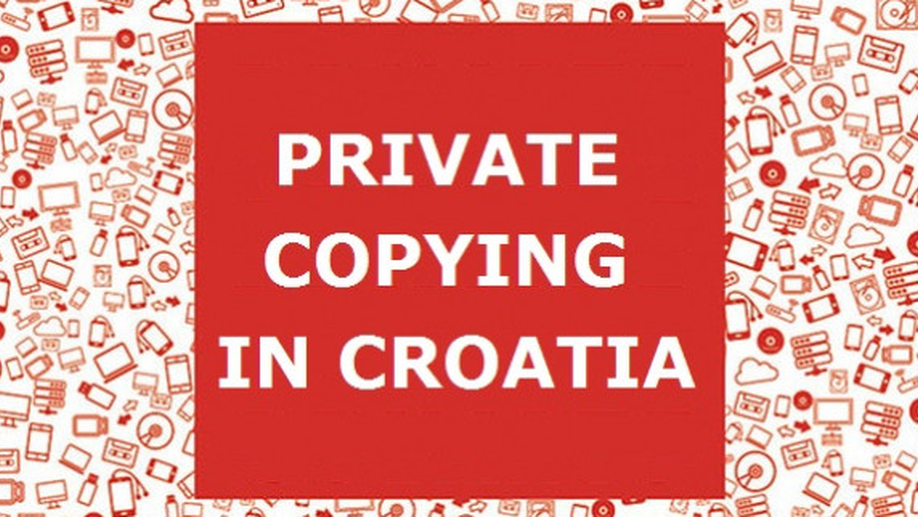
Private Copying in Croatia
This study argues that the cultural and welfare benefits of this private copying regime are enormous and important to create a good quality of life in Croatia for all age groups, but especially for young people, and it must be maintained. Furthermore, it is very advantageous for the tech sector, because their products are mainly used with unlicensed music and film copies, given that only a very small portion of the population pays for downloads, or subscribes to services like Spotify, Deezer or Netflix. The first measurement of licensed use of music, audiovisual content, home copying and value transfer to media platforms in Croatia for a practical update of the private copying remuneration in the country.
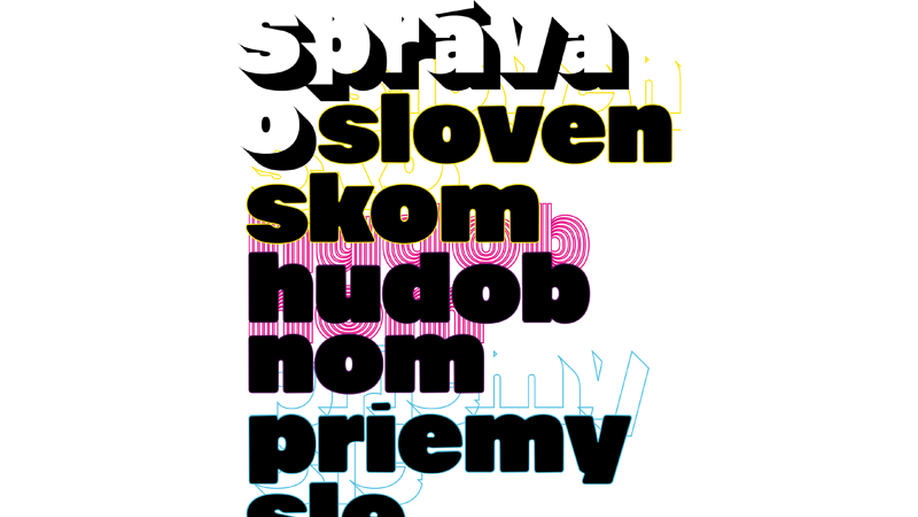
Slovak Music Industry Report
Slovakia’s first music industry report. Following the three income streams model from creation till audience, we summarized for the the number of works that were created, recorded, staged in Slovakia in a year. We calculated their revenues, their value added, their employment effect and the investments of the recording industry. There is an extensive business development and policy conclusions chapter in the 227-pages report, which follows a similar Hungarian report.
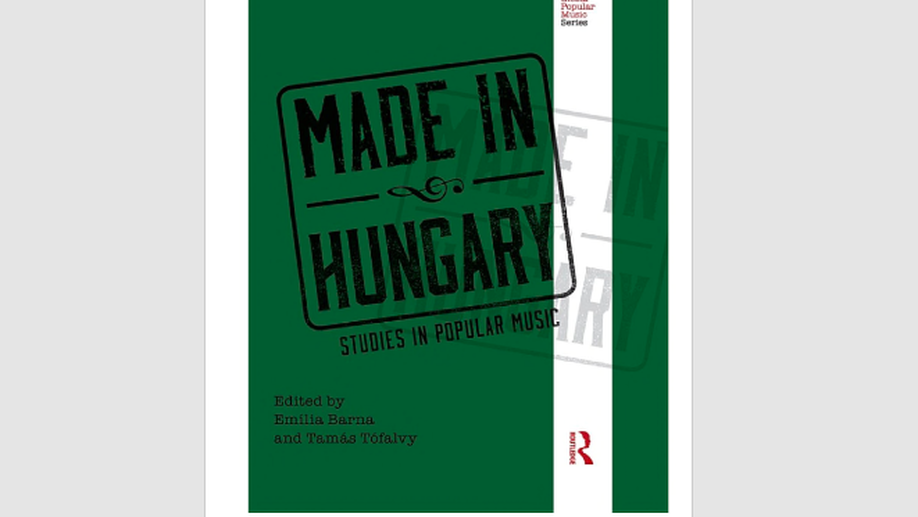
The Growth of the Hungarian Popular Music Repertoire: Who Creates It And How Does It Find An Audience
Being visible in the world is always difficult in the Central and Eastern European region. Made in Hungary is the first book in the Popular Music Studies series of Routledge from the region. A description of our first datasets, the motivation of the research and the CEEMID concept is laid out as a closing, quantitative chapter in the book.
Data
API to our data, our sources, how we process and validate it, how we increase its quality.
Recent & Upcoming Talks
Accomplishments
First Hungarian Music Industry Report
CEEMID Central & Eastern European Music Industry Databases
Contact
- hello@dataandlyrics.com
- Den Haag, 2592TA
- During the pandemic we are in home offices.
- Book an appointment
- DM Me
- Skype Me
- Get in touch on Keybase
- Telegram Me












